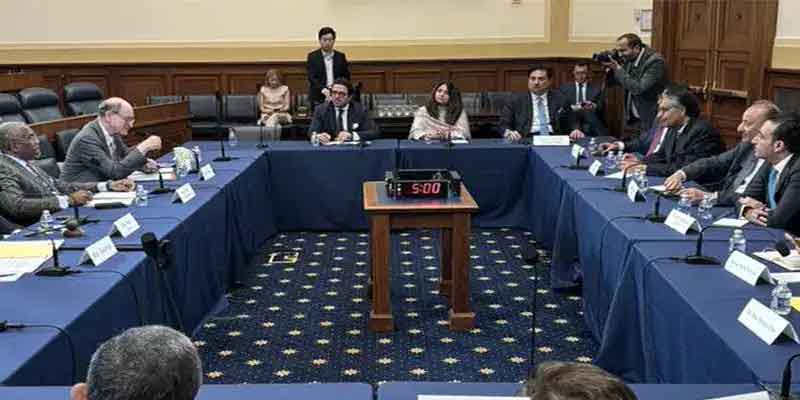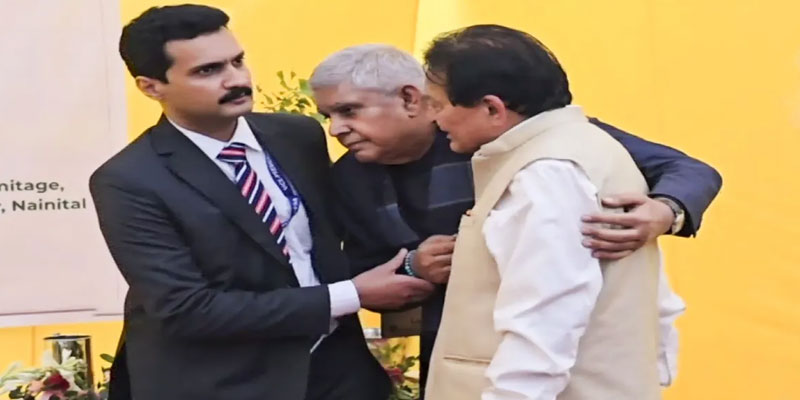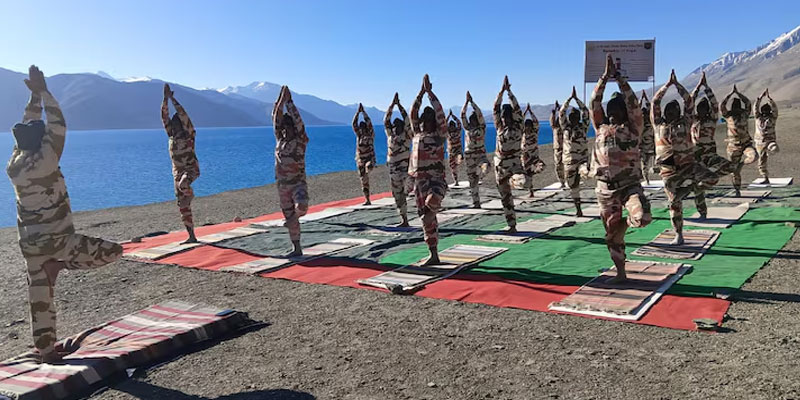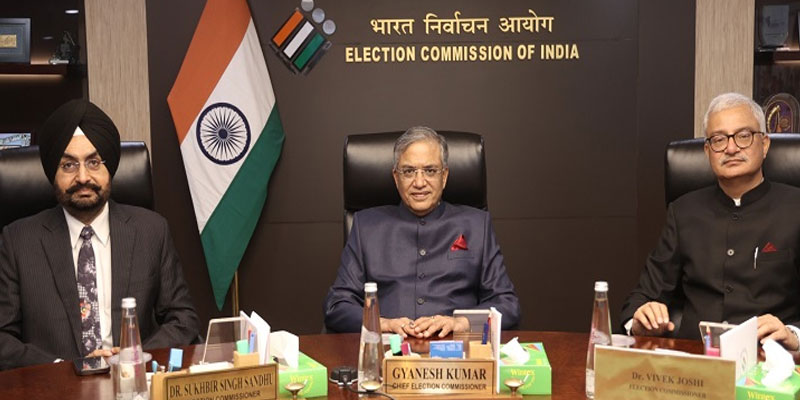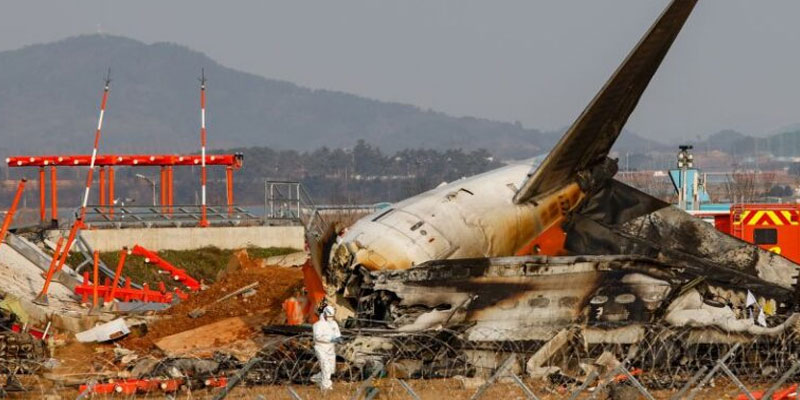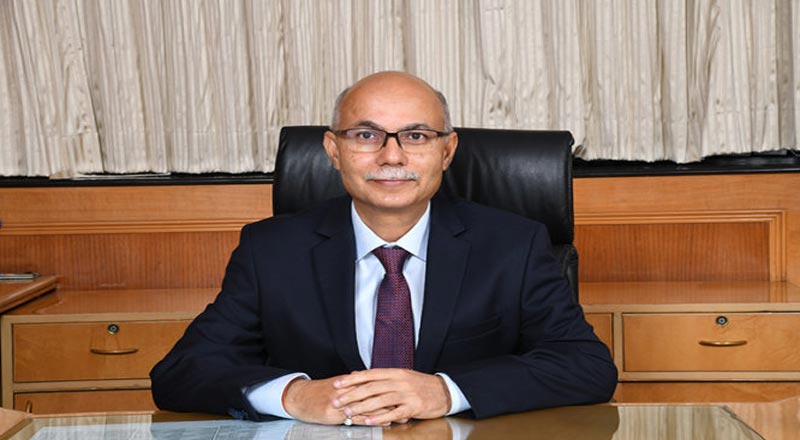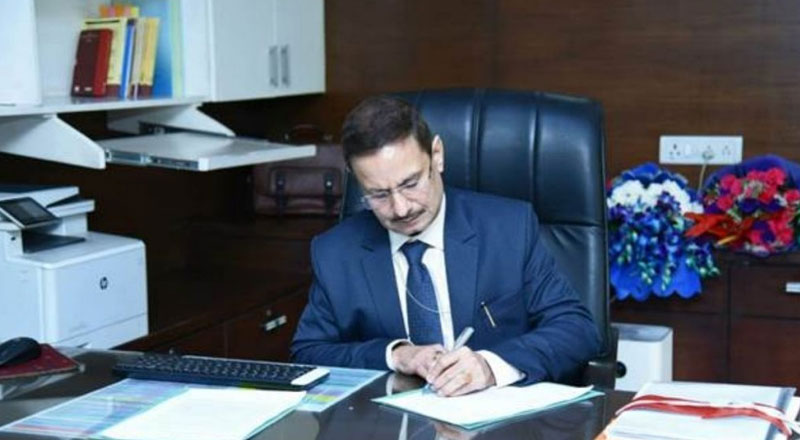Pakistan Confronted in Washington Over Terror Links
In a stark diplomatic setback, Pakistan's attempts to lobby support in the United States backfired as American lawmakers confronted its delegation, led by former Foreign Minister Bilawal Bhutto Zardari, over the country’s continued support for terror outfits, suppression of minorities, and the detention of a man who helped track down Osama bin Laden.
The message from Washington was unambiguous: combat terrorism, protect minorities, and release Dr. Shakil Afridi, the physician who played a crucial role in identifying bin Laden’s whereabouts. What Pakistan hoped would be a soft-power push turned into a reality check on its international credibility.
US Calls Out Jaish-e-Mohammed, Demands Accountability
During a key meeting, Congressman Brad Sherman directly criticized Pakistan for harboring the terrorist group Jaish-e-Mohammed (JeM) — a globally proscribed outfit responsible for several high-profile attacks, including the 2002 murder of American journalist Daniel Pearl.
Sherman didn’t mince words. Sharing that Pearl’s family still resides in his California district, he reminded Bhutto’s team that Pakistan’s failure to dismantle terror groups has long-standing consequences. “Pakistan should do all it can to eliminate this vile group,” he asserted on X (formerly Twitter), adding that confronting JeM is essential to regional stability.
Human Rights Concerns Take Center Stage
Beyond terrorism, the American lawmaker also raised alarms over Pakistan’s deteriorating record on religious freedom. Sherman called on the Pakistani delegation to ensure that Christians, Hindus, and Ahmadiyya Muslims are allowed to live without fear of persecution, violence, or discrimination.
This criticism is in line with growing global concerns that Pakistan’s judicial and political systems have failed to protect minorities, who are often subjected to blasphemy laws, mob violence, and systemic exclusion from democratic participation.
Dr. Shakil Afridi’s Continued Imprisonment Sparks Outrage
Perhaps the most emotionally charged moment came when Congressman Sherman urged Pakistan to release Dr. Shakil Afridi, the physician who aided the CIA in locating Osama bin Laden through a fake vaccination campaign.
Afridi was arrested shortly after the 2011 U.S. Navy SEAL raid that killed bin Laden in Abbottabad. In 2012, he was sentenced to 33 years in prison by a Pakistani court under dubious charges. His continued detention remains a sticking point in U.S.-Pakistan relations.
“Freeing Dr. Afridi is an important step toward justice for the victims of 9/11,” Sherman stated, emphasizing that Pakistan cannot expect international goodwill while punishing those who assist in global counterterror efforts.
Pakistan’s Diplomatic Narrative Collapses Under Scrutiny
This episode in Washington serves as a diplomatic reality check for Islamabad, revealing the growing frustration among U.S. lawmakers over Pakistan’s double standards on terrorism and human rights. Bilawal Bhutto’s delegation may have come seeking influence, but they left with a pointed list of demands and international rebuke.
At a time when regional and global security hinges on transparent alliances, Pakistan’s credibility continues to erode under the weight of its own contradictions. If it hopes to restore its image and relationships, the path forward is clear: genuine action, not rhetoric, on terror, justice, and human dignity.
(With agency inputs)


